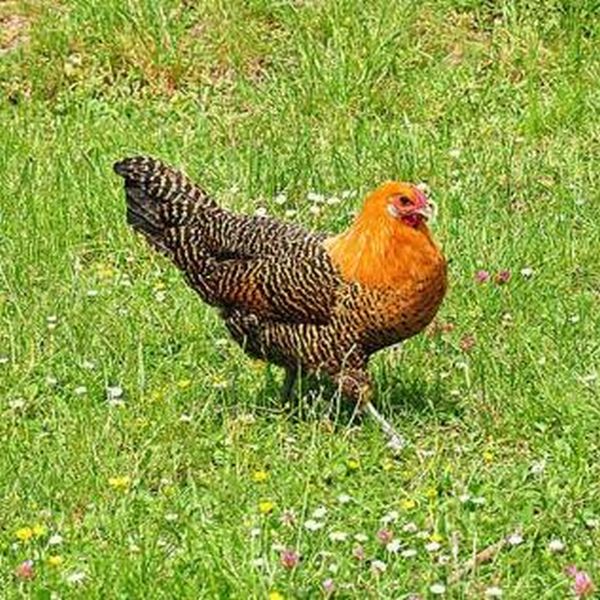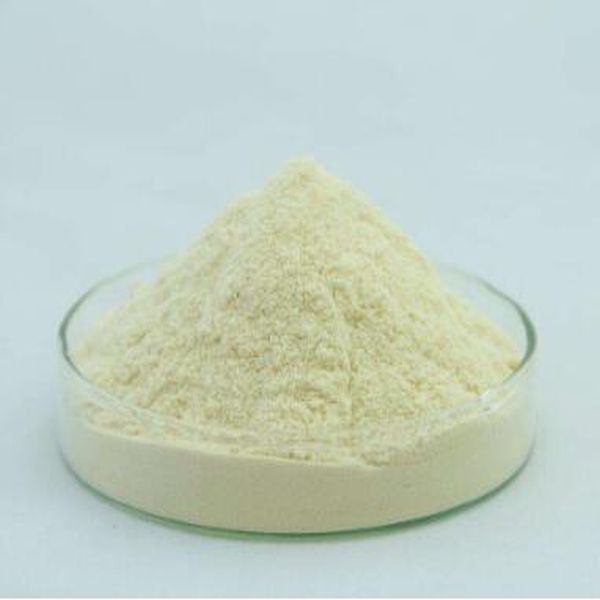Vitamin E (VE) is an important fat-soluble vitamin with extensive physiological functions in livestock and poultry, and is an effective antioxidant and immunomodulator. VE plays an important role in enhancing immunity, anti-oxidant capacity, preventing infertility, improving production performance of livestock and poultry, and improving meat quality of livestock and poultry.
Vitamin E, as an intracellular antioxidant, prevents oxidation and destruction of oxidizable substances such as intracellular and cell membranes and fatty acids, thereby protecting the integrity of the cell membrane. Vitamin E is also a natural feed antioxidant. When added to sow feed in the form of feed additives, it can protect the vitamin A and some unsaturated fats in the feed from being oxidized. In addition, studies have shown that vitamin E has anti-stress, anti-viral and anti-infective effects.
Vitamin E is currently the largest in feed additives. In a 1KG feed, about 200-300g of VE is needed for mixing. Conventional, water-soluble VE content is 50%. The lack of vitamin E additives can lead to animal infertility, white muscle disease, trophic muscular atrophy, liver necrosis, poor growth, and insufficient nutrition.
The effects of feed-grade vitamin E are specifically:
1. Bio-antioxidant effect, prevent lipid peroxidation in the cell membrane and a series of damage and loss caused by it;
2. Vitamin E can improve the body’s immunity and resistance to diseases;
3. Vitamin E is a cofactor for cytochrome reductase and is involved in the regulation of cellular DNA synthesis;
4, can reduce the toxicity of heavy metals such as cadmium, mercury, arsenic, silver;
5. Vitamin E also involves phosphorylation, synthesis of vitamin C and pantothenic acid, and metabolism of sulfur-containing amino acids and vitamin B12.
Post time: Mar-16-2020

